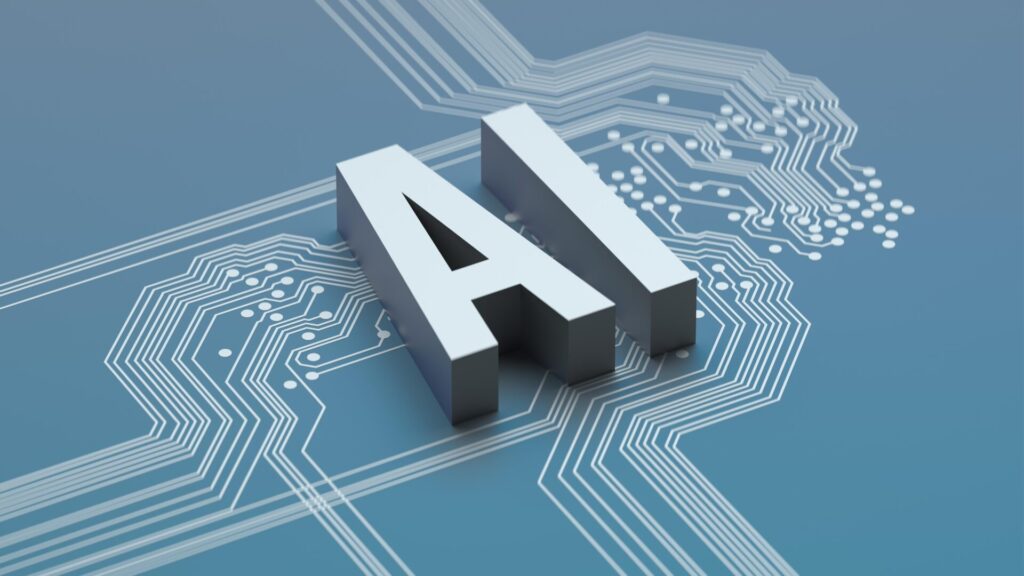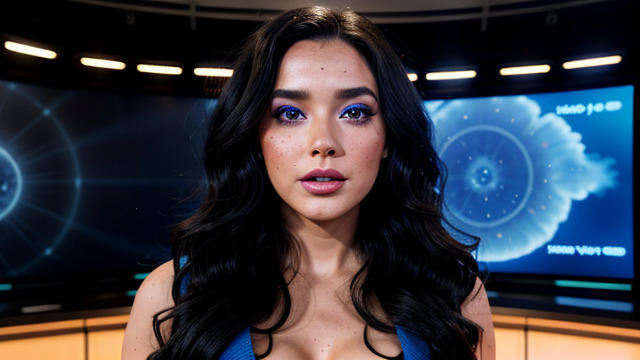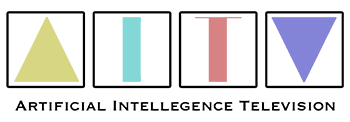Artificial intelligence at it’s definition is the simulation of human intelligence processes by machines, especially computer systems. ![]() Specific applications of AI include expert systems, natural language processing, speech recognition and machine vision.
Specific applications of AI include expert systems, natural language processing, speech recognition and machine vision.
![]() Basically, Artificial intelligence (AI) is the ability of a machine to perform tasks that are typically associated with human intelligence, such as learning, reasoning, and problem-solving.
Basically, Artificial intelligence (AI) is the ability of a machine to perform tasks that are typically associated with human intelligence, such as learning, reasoning, and problem-solving. ![]() The concept of AI has been around for centuries, but it wasn’t until the 1950s that the field of AI research began to take shape.
The concept of AI has been around for centuries, but it wasn’t until the 1950s that the field of AI research began to take shape.
The Beginning
![]() The term “artificial intelligence” was first coined in 1955 by John McCarthy, a computer scientist at Dartmouth College.
The term “artificial intelligence” was first coined in 1955 by John McCarthy, a computer scientist at Dartmouth College. ![]() In 1956, McCarthy organized the Dartmouth Summer Research Project on Artificial Intelligence, which is considered to be the founding event of the field of AI.
In 1956, McCarthy organized the Dartmouth Summer Research Project on Artificial Intelligence, which is considered to be the founding event of the field of AI.

AI and Television
AI has the potential to change television in a number of ways. For example, ![]() AI could help to make shows more interactive by allowing viewers to vote on choices made in the show or to ask questions that could then be answered by characters.
AI could help to make shows more interactive by allowing viewers to vote on choices made in the show or to ask questions that could then be answered by characters. ![]() AI could also help to make shows more accurate by using data from past episodes to predict future outcomes.
AI could also help to make shows more accurate by using data from past episodes to predict future outcomes.
![]() AI has the potential to change television as we know it by allowing for more personalization and customization of content.
AI has the potential to change television as we know it by allowing for more personalization and customization of content. ![]() A UK-based artificial intelligence company Flawless AI introduced a technology known as TrueSync.
A UK-based artificial intelligence company Flawless AI introduced a technology known as TrueSync. ![]() This software utilizes generative AI to alter on-screen dialogue using a sophisticated technology that can make actors appear to speak any language on screen.
This software utilizes generative AI to alter on-screen dialogue using a sophisticated technology that can make actors appear to speak any language on screen.
While your watching that next movie, ![]() AI can also help to reduce ad repetition and provide more up-to-date information for advertisers as well. No more commercials about that car warranty you don’t want (no promises on that one).
AI can also help to reduce ad repetition and provide more up-to-date information for advertisers as well. No more commercials about that car warranty you don’t want (no promises on that one).
Generative AI

Generative AI, such as ChatGPT and Google Bard, are changing television by making it possible for machines to create and program their own content. ![]() This could lead to more interesting and unpredictable television shows, as well as decreased reliance on human actors.
This could lead to more interesting and unpredictable television shows, as well as decreased reliance on human actors. ![]() We are seeing custom realistic news anchors on Synthetic.tv that are computer generated.
We are seeing custom realistic news anchors on Synthetic.tv that are computer generated. ![]() Synthetic Television really showcases how AITV will change the way we get our news on Television.
Synthetic Television really showcases how AITV will change the way we get our news on Television.
![]() Although change is always difficult, the opportunity for AI TV to change our lives and how we create and consume News, Television, and the real time interaction, are amazing to think about. Soon,
Although change is always difficult, the opportunity for AI TV to change our lives and how we create and consume News, Television, and the real time interaction, are amazing to think about. Soon, ![]() you might be able to ask why your favorite player was fouled and AI could give you a detailed answer. AI is changing Television.
you might be able to ask why your favorite player was fouled and AI could give you a detailed answer. AI is changing Television.
Be sure to learn more about AI and television visit aitv.



